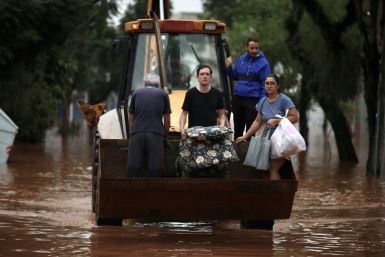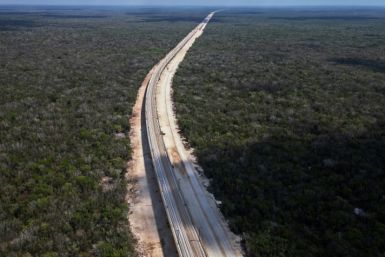No need to import more vegetables, says AUSVEG
AUSVEG, the national peak industry body representing the interests of over 9,000 Australian vegetable and potato growers, today endorsed Assistant Treasurer Bill Shorten's comments that no increase in the importation of vegetables was needed due to the ongoing floods in a number of states around Australi
AUSVEG chief executive Richard Mulcahy said Australia already imports too many vegetables as it is and there is no justification to further increase imports as a result of the floods.
According to him, Australia needs to keep the pressure on retailers at all levels not to take advantage of this situation and mislead consumers into thinking that there is a massive shortage in supply.
Mr Mulcahy acknowledged Australia is currently experiencing some pressures on supply. However, "by no means is there a need to import more vegetables," adding "Australian growers can still meet demand."
"At the moment we are seeing price pressures in some salad lines but these will only be temporary."
Some products such as pumpkin, sweet potato, ginger and garlic have seen price rises, but these are expected to stabilise in two to three weeks time, as other areas of production come online.
Mr Mulcahy said, "Growers, retailers and wholesalers can work through situations like these to find solutions. Already Coles has made modifications to its quality assurance specifications as a result of the floods and there are other solutions also being worked through with growers."
"In Queensland there is very little vegetable production at this time of year and whilst the floods and unseasonal humidity in the southern States have caused damage to crops, there are still other regions which are able to meet consumer demand."
"Consumers need to remember that international suppliers do not have to adhere to the same strict regulations in terms of chemical usage on crops. Buying Australian will always be the freshest and safest option."
"There are still problems with transport infrastructure and as a result one of the biggest problems currently is logistical, with trucks struggling to move freely around some parts of the country."
"Queensland growers are currently doing everything they can to prepare for the winter growing season and we are confident that there will not be long term supply issues of vegetables," said Mr Mulcahy.






